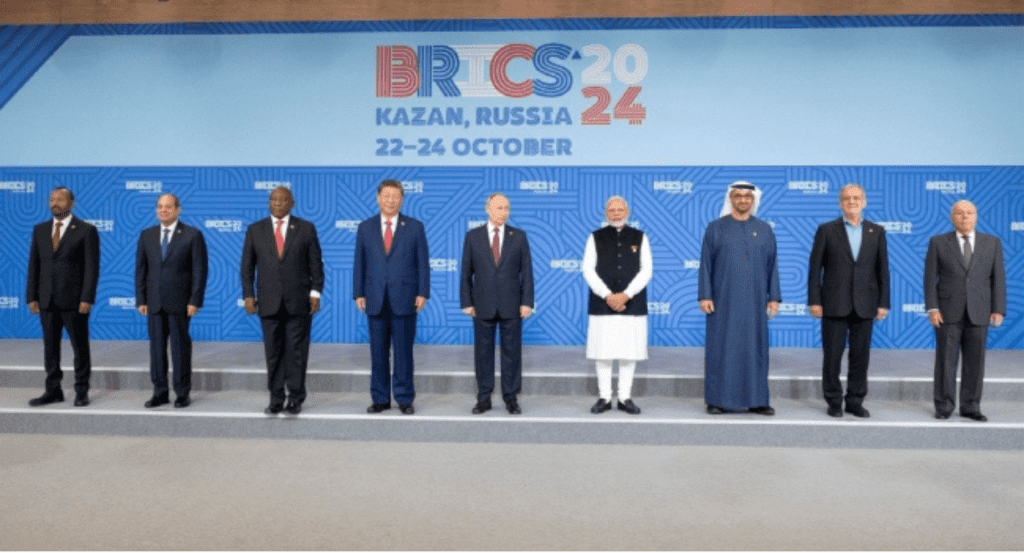President – Elect Donald Trump has issued a stark warning to BRICS nations, threatening 100% tariffs if they proceed with plans to replace the U.S. dollar in global trade. Trump’s statement comes amid increasing efforts by the BRICS bloc—comprising Brazil, Russia, India, China, and South Africa—to reduce dependence on the dollar by promoting a new currency for international transactions.
Speaking at a political rally, Trump criticized the BRICS initiative, labeling it a direct threat to U.S. economic dominance. He argued that the dollar’s position as the world’s reserve currency is critical to the United States’ global influence and economic stability. Trump vowed to take decisive action, including imposing punitive tariffs on BRICS countries, if the bloc implements its proposed currency system.
The BRICS nations have been exploring alternatives to the dollar for years, driven by concerns over U.S.-imposed sanctions and the volatility of the global financial system. Recent developments, including closer economic ties between China and Russia, have accelerated discussions on creating a shared currency. Advocates argue that a new currency could reduce their exposure to U.S. monetary policy and promote more equitable trade dynamics.
Trump’s remarks have drawn mixed reactions. Supporters view his stance as a necessary defense of U.S. economic interests, while critics warn that such measures could escalate trade tensions and harm diplomatic relations with key global powers. Analysts note that a 100% tariff on BRICS countries could disrupt international trade, increase inflation, and strain the global economy.
Economic experts highlight the broader implications of the BRICS currency proposal. If successful, the initiative could weaken the dollar’s dominance in international trade and diminish the United States’ leverage in global financial markets. However, skeptics argue that establishing a viable alternative to the dollar would require overcoming significant logistical and political challenges, including aligning the economic policies of diverse member nations.
The United States has long used the dollar’s status as a reserve currency to wield influence over global trade and impose sanctions on adversaries. The BRICS initiative represents one of the most serious challenges to this dominance, raising questions about the future of the global financial order.
As Trump’s warning reverberates internationally, it remains to be seen how BRICS nations will respond. With global economic and geopolitical stakes at play, the evolving dynamic between the U.S. and BRICS countries could shape the future of international trade and finance.






















